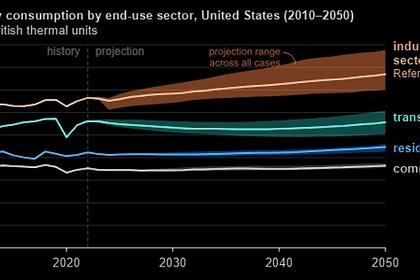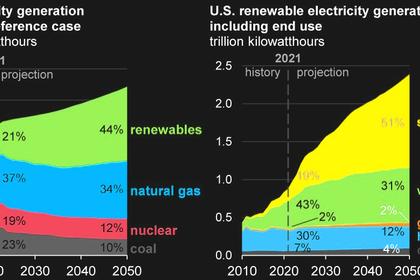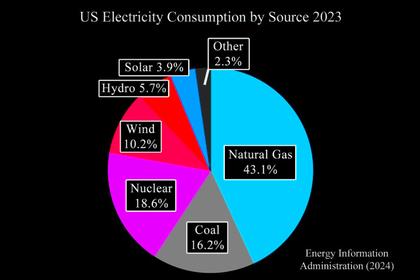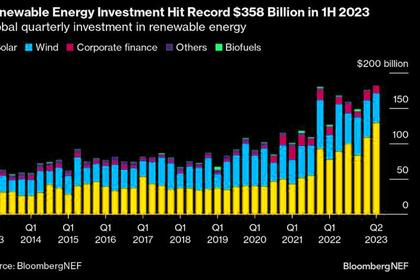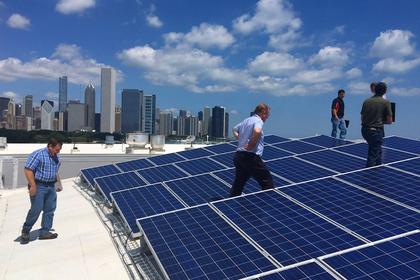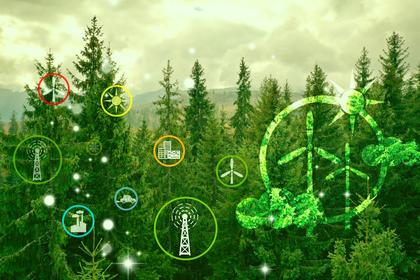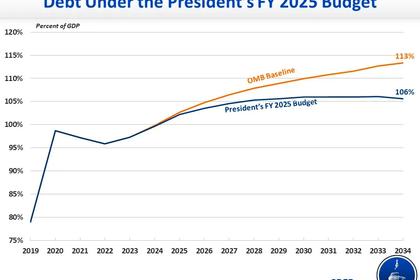
U.S. WORSEN THE CLIMATE
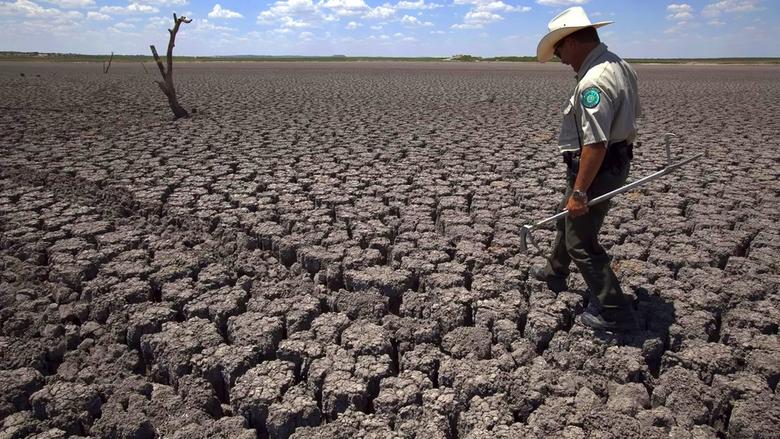
BLOOMBERG - May 28, 2024 - Flaws in President Joe Biden’s clean-energy strategy were apparent before his latest initiative underlined the contradictions. The administration has committed hundreds of billions of dollars toward accelerating the transition to electric vehicles. Yet in order to head off a surge of imports, it recently announced 100% tariffs on EVs made in China — thereby delaying the transition it rightly insists is essential.
Biden and his officials appear to be confused. They can make fighting climate change their top priority, or let their overriding goal be protecting US producers from foreign competition. They can’t do both.
Treasury Secretary Janet Yellen complains that China’s investments and interventions in clean technology have created excess capacity, which threatens global stability and US economic prospects in particular. China’s scale in export markets, together with its lack of domestic demand, certainly poses problems for other economies. Cooperation on policies affecting trade is the best way forward. Former President Donald Trump abandoned that approach. In choosing to raise trade barriers even higher, Biden has been Trump’s enthusiastic disciple. The immediate effect — aside from making American consumers worse off — will be to block US access to low-cost clean technology and undermine efforts to curb greenhouse-gas emissions.
Could such barriers make sense in the longer term, by helping US producers establish themselves in the global market for EVs and other clean-power technologies? No. Protection for US producers will sustain higher-than-market labor costs, further undermine their competitiveness and diminish their incentive to innovate. Even bigger subsidies than the hundreds of billions of dollars already committed, together with yet higher trade barriers, will likely be needed to keep the protected firms going.
The damage won’t be confined to the sectors initially affected. In the longer run, resources will be pulled away from their most productive uses and growth will be slower than it would otherwise be — even as the clean-energy transition will be needlessly delayed. All this will be true even if the new protectionism doesn’t provoke retaliation, as it surely will, putting US exports at risk and threatening jobs in other parts of the economy.
Biden is right about this much: Efforts to spur US living standards through faster growth in productivity are essential. But these should pay close attention to where America’s advantages reside. The US shouldn’t be trying to catch up with China and other low-cost producers in manufacturing. It should be fixing its infrastructure, investing in human capital, and extending its lead in science, technology and innovation.
In the end, it isn’t that complicated: If climate change is an existential risk, surging output of good, cheap Chinese EVs is a good thing. The administration ought to concentrate on promoting the adoption of such vehicles wherever they’re made — by pricing gasoline at its full economic cost, building the necessary charging infrastructure (a project that’s moving far too slowly, subsidies notwithstanding), and adapting the electric grid to tomorrow’s demands.
That would be an industrial policy worth applauding.
-----
Earlier:
